Scuba Diving And Cramps:
How to Prevent Leg Pain, Foot Pain, and Cramps While Scuba Diving
Scuba diving and cramps shouldn't go together. But, unfortunately, as many of us know - they sometimes do. And it is never fun. Today we have a guest post by Dr. Brent Wells addressing this issue. So if you ever had that leg cramp up while diving, or if you never want to feel those leg cramps while diving, this post is for you. There are some simple things we can do to help prevent experiencing this issue during our dives. Hope you enjoy the article. Here's to cramp free dives!
It’s happened to every scuba diver at one time or another. There you are, watching manta rays glide across the ocean floor when suddenly, you are hit with a powerful leg or foot cramp. The more you try to shake it off, the worse it gets. What can you do?
Regardless of how much experience you have or what kind of shape you are in, leg and foot cramps can hit at any time. This is especially true when it comes to cramps in the calves.
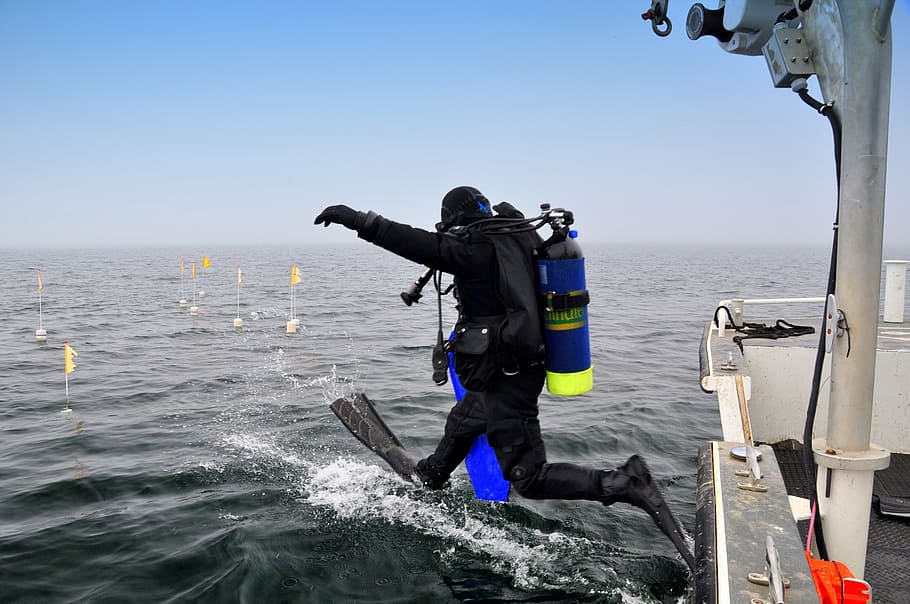
In addition to being painful, cramps can cause you to fall behind or get left behind by your diving buddies, make you forget to monitor your air, and even cause you to stop paying attention to how deep you are diving.
The good news is that there are some steps you can take both before and after a dive to help keep these pain-filled episodes short and infrequent.
Why Your Legs and Calves Cramp Up
While most divers experience cramps in their calves, you can also get them in your thighs and your feet. Some episodes are short, others are excruciating and go on for 3-5 minutes!
There are multiple reasons why our legs cramp, and sometimes the reason is unknown.
One thought is that certain activities, such as diving and swimming, involve the intense use of multiple muscle groups, including the feet, calves, quads, hamstrings, and buttocks. This “overuse” or prolonged use of these muscles can cause a lack of circulation, which can cause cramps.
One known factor is that when the body is low on certain minerals, the muscles do not receive proper nerve signals, or the lack of these nutrients causes the muscles to act erratically.
Tips for Preventing Cramps and “Divers’ Feet”
When we are diving and swimming, we point our feet to effectively use our swim fins. Unfortunately, pointing our feet is what can bring on a cramp in the calves or the toes.
This cramping when pointing our toes is so common it is known as divers’ feet.
The best tips for preventing these cramps include:
- Ensuring that your fins fit well. The foot pockets should be long enough and wide enough that you can wiggle your toes just a bit
- Check the stiffness of your fins. Older fins can become too stiff and hard, which forces you to put more effort into using them
- Be sure that your booties fit well and are not too tight
- The strap on the back of your fin should fit firmly, but not so tight that they pinch
Regular stretching exercises can also go a long way towards preventing cramps. You should do stretching at least 3-4 times per week and before you go on a dive to prevent leg or foot pain and cramps.

Good stretches for the legs, buttocks, and feet include:
- Upper Calf Stretch - Stand near a wall with one foot in front of the other. The front knee should be slightly bent. Put your hands on the wall for support. Keep the back leg straight and the heel on the ground. Lean towards the wall by bending the knee on the leg in front. You will feel the stretch in the calf on the leg that is straight. Hold for 30 seconds and switch legs.
- Lower Calf Stretch - Using the same position as the stretch above, this time you should bend the back leg while keeping the heel on the front foot on the ground. Hold for 30 seconds and switch legs.
- Toe Pulls - Sit on the floor with your legs straight in front of you. Stretch out a towel and loop it around your toes. Pull the towel towards you. Hold for 5-10 seconds and repeat 3 times.
- Tip Toe Stretch - Stand next to a sturdy object, such as a table, and stretch up onto your tiptoes. Hold for a count of 3, then return to start. Do this 5 or more times each day.
- Hamstring Stretch - Put a chair in front of you and place the heel of one foot on the chair. Bend at the waist and try to grab your foot or ankle. You will feel this stretch in the back of your thigh. Hold for a count of 20, then switch legs.
- Quad Stretch - Stand on one leg, keeping your knees close together. You can hold onto a chair or the wall for support if necessary. Grab the toes of the bent leg and pull the leg towards your behind. Hold for 30 seconds, then repeat with the other leg.
Low Back Pain or Sciatica That Occurs During or After Diving

Whether you have chronic low back pain, intermittent back pain, or if your sciatica acts up after a dive, one thing for certain is that you want that pain to stop right now!
Back pain can occur for many reasons. Everything from herniated discs to arthritis, back sprains to compressed (pinched) nerves.
Finding the source of your back pain would be ideal, but some things to consider include:
- Adjusting the location of the weights can help. Moving them to the front, rather than the back or perhaps putting some weights on the tank or in pockets than on a belt.
- Consider using open-heel fins with a spring strap for quick and easy fin removal that doesn’t require a lot of bending over.
- Avoid shore or surf entries as the currents often require constant body movement and repositioning.
If back pain becomes worse or if it is unrelenting, it’s time to seek professional care from your trusted chiropractor.
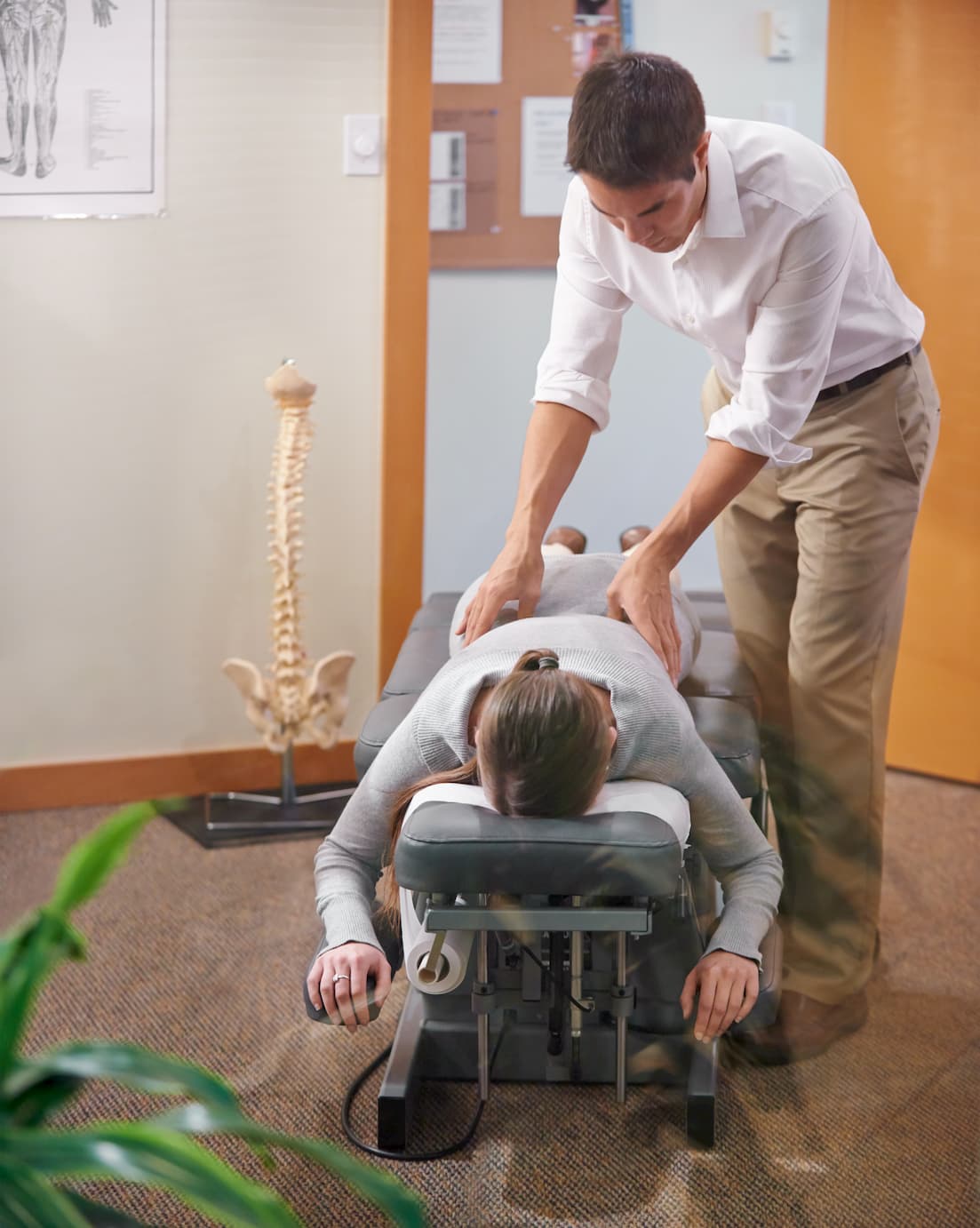
If sciatica is a problem, the following tips from a can get your sciatic nerve to stop hurting:
- Practice yoga or Pilates to strengthen the back and core muscles
- Since the sciatic nerve is inflamed and irritated, consuming natural anti-inflammatories, such as turmeric and fish oil every day can help to keep inflammation under control
- Consider regular chiropractic care to treat and prevent compression and irritation of the sciatic nerve. Studies show that regular chiropractic care is one of the best ways to treat and prevent sciatica.
- Get regular massage therapy to keep muscles loose and avoid the tight muscles that tend to cause sciatica
Be aware that you may not even have sciatica, but a condition that feels similarly called piriformis syndrome. Your chiropractor can tell the difference and can guide you towards healing whichever problem you are experiencing.
Taking good care of yourself by eating a healthy diet and keeping muscles flexible through regular stretching can go a long way towards years of enjoyable diving experiences.
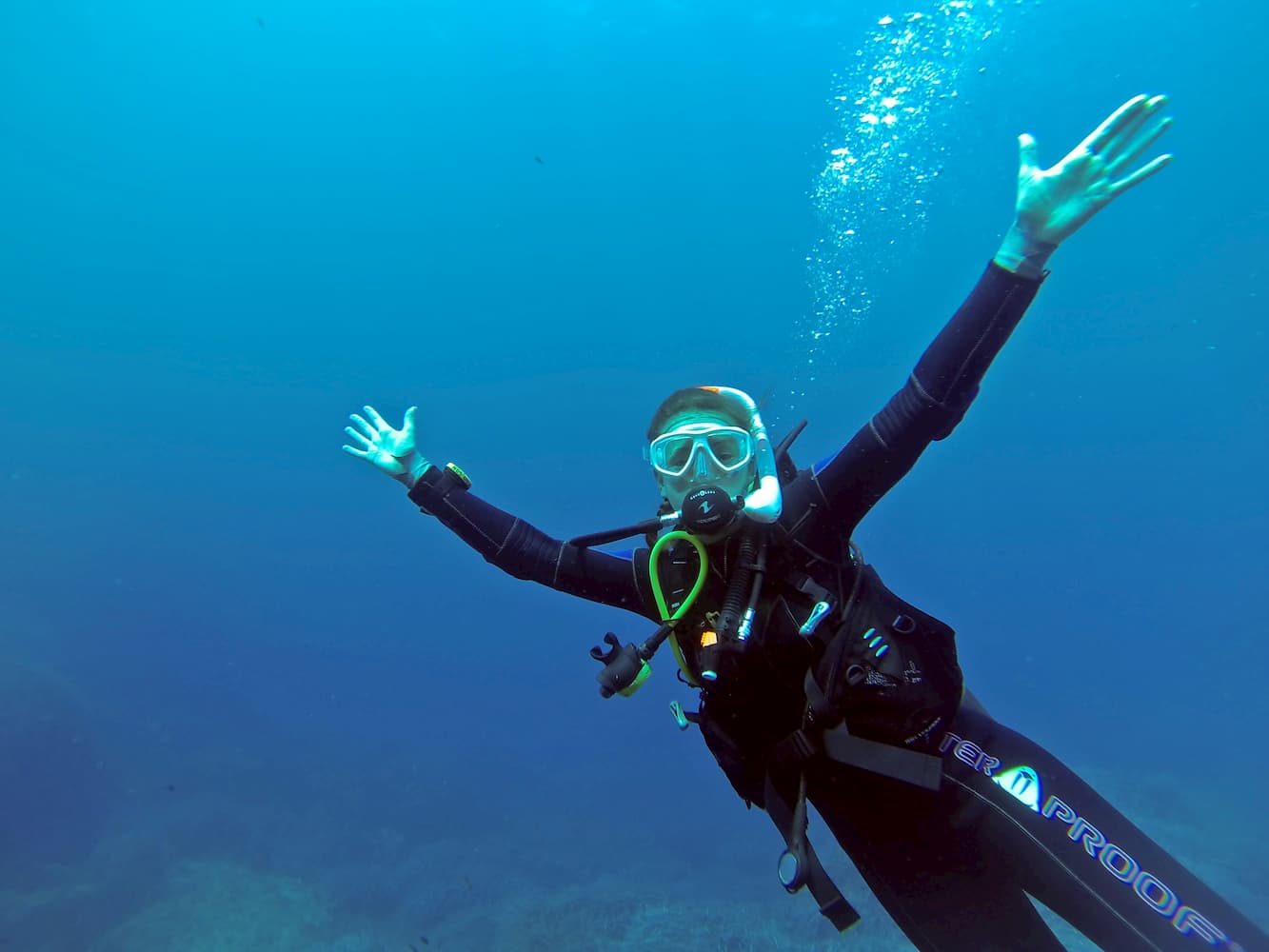

About Dr. Brent Wells:
Dr. Brent Wells is a licensed chiropractor who founded Better Health Chiropractic & Physical Rehab in 1998. His clinic is currently leading 10,000 Alaskans to more active and pain-free lifestyles without drugs or invasive surgeries. It brings a progressive and highly innovative approach to chiropractic care, physical rehab therapy and chiropractic massage.
I hope you enjoyed this guest post on scuba diving and cramps. And most importantly, that it will help you avoid those cramps in the first place! Here's wishing you all cramp free dives!
Want to stay down longer and improve your buoyancy control and other diving skills? Our free report "Increase Your Bottom Time" along with our practical, weekly actionable tips will have you looking like a seasoned diver in no time. So come join us and see improvement on your very next dive!
(Click on the photo to join us now!)
What's New
-
Unofficially Summer
May 25, 24 07:19 AM
Well it is finally here. Memorial Day weekend and the unofficial start of summer! Wishing everyone a happy and healthy holiday weekend. Hopefully the weather cooperates wherever you are and you will b… -
Happy New Year
Jan 01, 24 06:00 AM
Happy New Year everyone! I hope everyone is well and had a fun New Years Eve! May your new year be filled with lots of wonderful dives. All the best to you and yours in 2024! Let the dives begin. -
Happy Holidays
Dec 14, 23 05:05 AM
I hope everyone is enjoying the holiday season! I am always amazed at how fast time flies and another year is just around the corner. I wanted to pop in and say hi to everyone. I am doing some full ti… -
3 Common Scuba Diving Mistakes New Divers Make
Feb 23, 23 02:18 PM
In this video, I share 3 common scuba diving mistakes beginner divers make. Learn how to correct these for a better - and safer - dive. -
Scuba Diving Tipping Etiquette: How Much And When To Tip Scuba Crew
Feb 06, 23 03:34 PM
Not sure of scuba diving tipping etiquette? In this video I share who to tip, when to tip, how much to tip, tipping on liveaboards, tipping an instructor & more


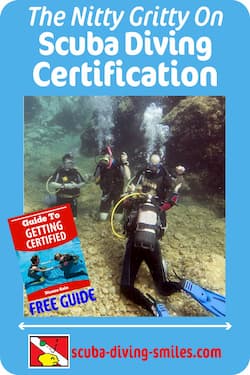

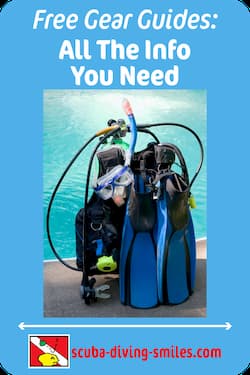

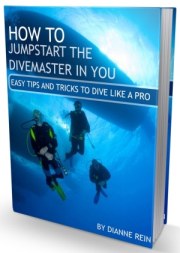
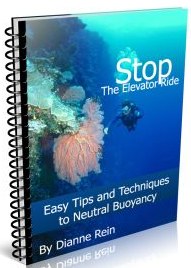
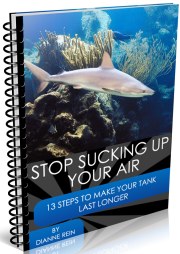
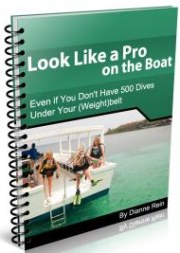
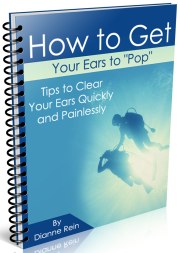
New! Comments
Have your say about what you just read! Leave me a comment in the box below.